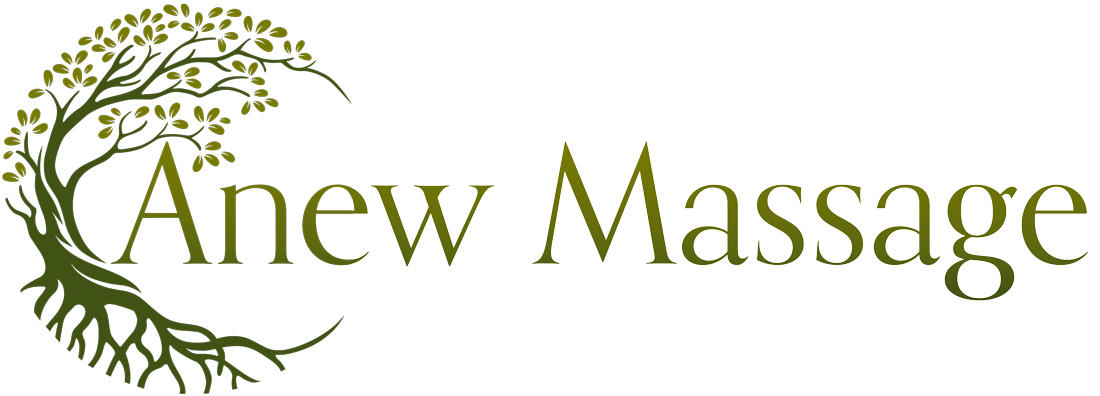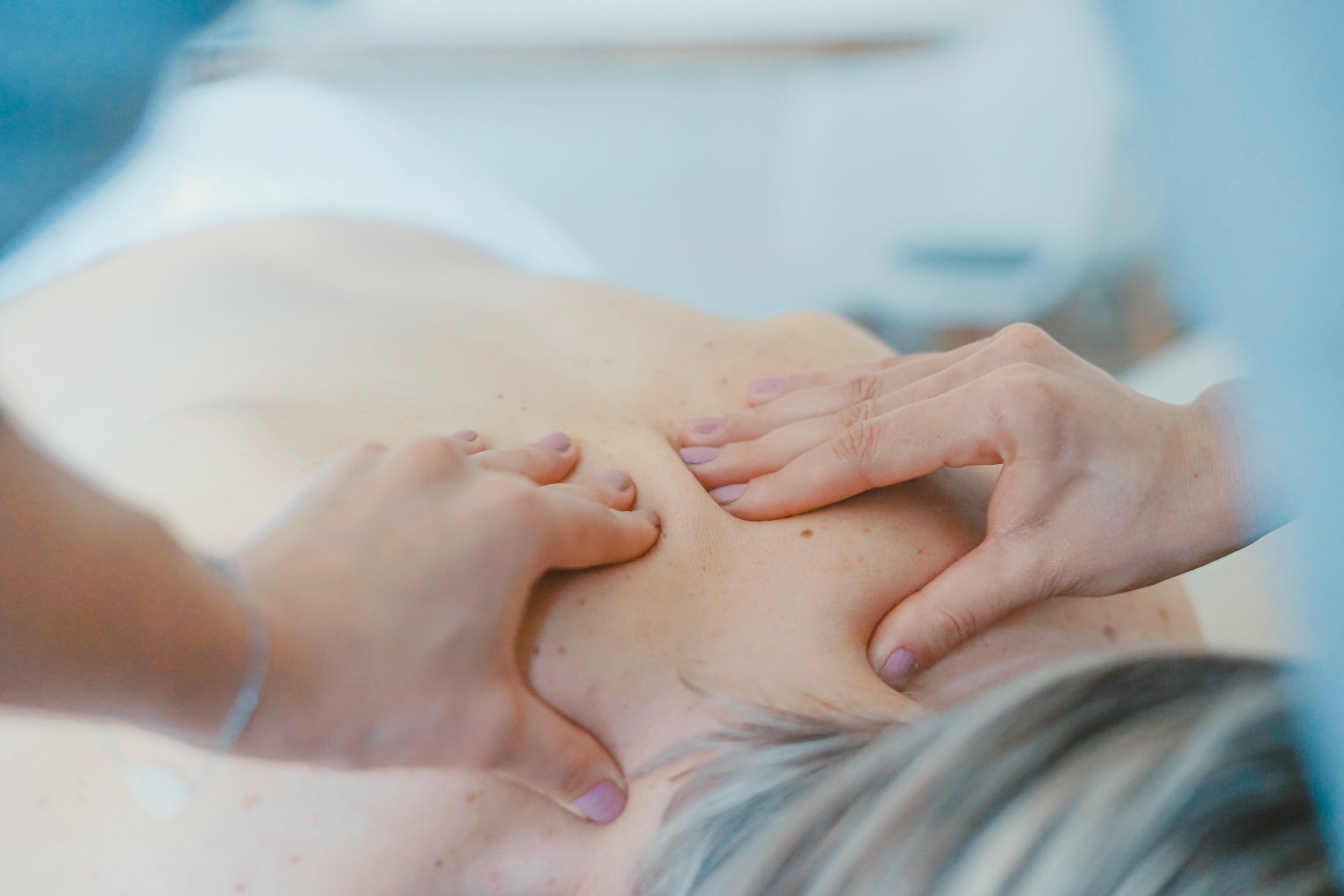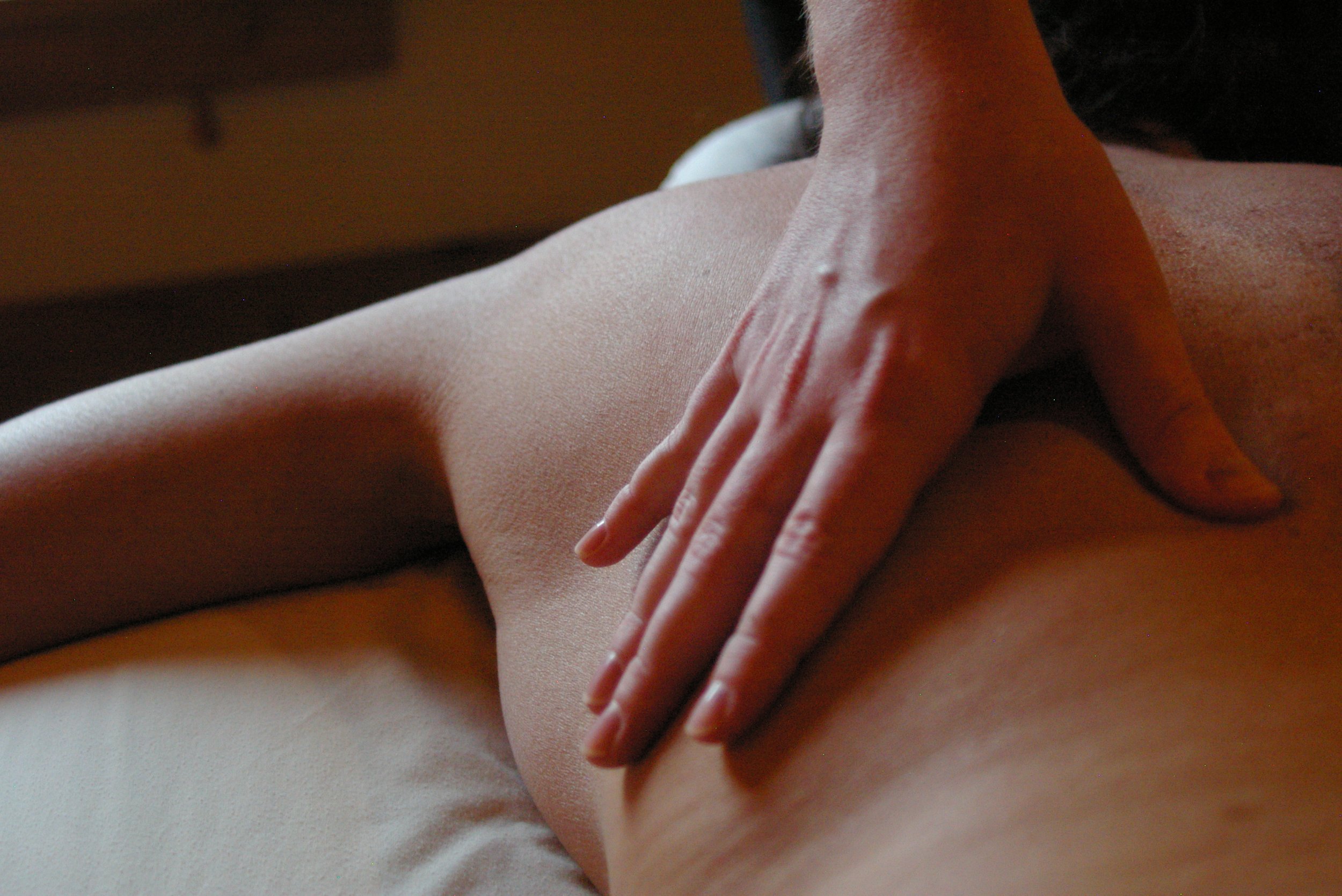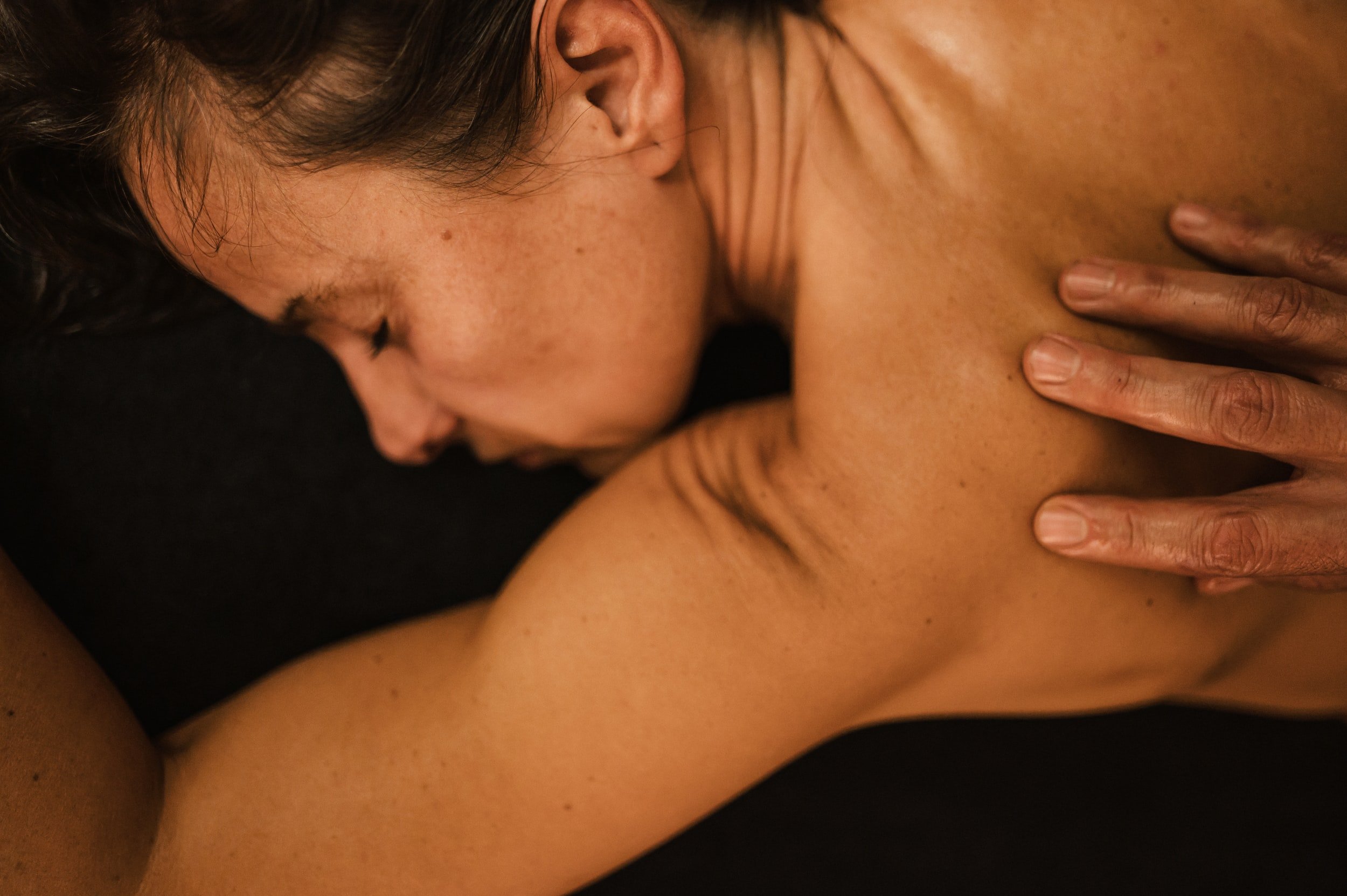Services
Modalities
The following are the modalities that I practice and the benefits that they can provide.
Neuromuscular Therapy
The utilization of static pressure on specific myofascial points to relieve pain. This technique manipulates the soft tissue of the body (muscles, tendons and connective tissue) to balance the central nervous system. In a healthy individual, nerves transmit impulses (which are responsible for every movement, function and thought) to the body very slowly. Injury, trauma, postural distortion or stress cause nerves to speed up their transmission, inhibiting equilibrium and making the body vulnerable to pain and dysfunction.
Neuromuscular Therapy will be used to address five elements that cause pain: Ischemia, Trigger Points, Nerve Compression or Entrapment, Postural Distortion, Biomechanical Dysfunction
Active Isolated Stretching (AIS) and Strengthening
Aaron L. Matte’s method of muscle and fascia release is founded on the concept of controlling the body’s stretch reflexes. The A.I.S. method myofascial release technique uses active movement of the muscle on the opposite side of the muscle being stretched. Using an 3-4 second repeated stretch has proven to be the key in avoiding contraction of the muscles and connective tissue is being stretched.
Sports Massage
Whether it is a day on the slopes, hiking in the mountains or competing in another sport. Sports massage can range from a combination of pre/post event massages, maintenance massage and or rehabilitation massage. It can reduce the chance of injury, through proper stretching and event preparation, and through deep tissue massage; improve range of motion and muscle flexibility, resulting in improved power and performance; shorten recovery time between workouts; maximize the supply of nutrients and oxygen through increased blood flow; enhance elimination of metabolic by-products of exercise.
Orthopedic Injury and Rehabilitation
The part of sports massage that focuses on targeting the underlying cause of your pain and treat the effects of your injury. By using muscular testing it helps identify tendentious, sprains, strains and tears. Along with deep cross fiber friction, it may involve a form of a rehabilitation program.
Deep Tissue Massage
A type of massage therapy that focuses on realigning deeper layers of muscles and connective tissue. It is especially helpful for chronically tense and contracted areas such as stiff necks, low back tightness, and sore shoulders. Some of the same strokes are used as classic massage therapy, but the movement is slower and the pressure is deeper and concentrated on areas of tension and pain.
Therapeutic Massage
An intuitive and integrative massage drawing from a range of techniques - the perfect choice for a full body massage. Techniques include Swedish, Deep Tissue, Sports Massage, Myofascial Release. This massage is very relaxing, helps relieve pain, is deep and specific where needed.
Swedish Massage
This uses five basic movements to increase circulation and remove toxins from the muscles. Always working towards the heart, the massage incorporates these techniques into a flowing massage session that leaves the client physically and emotionally relaxed.
Structural Muscular Balancing
The three corrective techniques most often used in Structural Muscular Balancing are position release, directional massage, and deep pressure. The aim of SMB is to release tension in the structural muscles and reset the neuromuscular reflexes that perpetuate tension, spasms and the associated pain.
Reservations & Cancellations
Appointment required. Please call at least 1 hour in advance for appointment. We only have one therapist on-call at a time. For multiple appointments please give plenty of notice.
Plan
Schedule appointment prior to visit for greatest availability.
Arrive
Please arrive 10 minutes prior to your appointment.
Cancellation/Change
12 hour notice of cancellation/change to avoid charge. No shows are asked to pay in full service price.
Rates
$95
60 Minutes
$120
90 Minutes
$180/$210
60/90 min House Call
Payment
Cash, check, credit card, or Venmo
FAQs
Please see below for other frequently asked questions.
What are the benefits of massage therapy?
The touch of a massage therapist can signal a relaxation response, causing your heart and breathing rates to slow, blood flow to increase, blood pressure to reduce, stress hormones to decrease and muscles to relax. In some cases, a professional massage may be just the cure you need to relieve aches and chronic pain and make you feel better. Massage can:
– Lessen lower back pain by improving circulation, relaxing muscles, increasing endorphins (the “feel-good” chemicals) and improving sleep.
– Help the lymphatic system by improving blood and lymph circulation, reducing swelling, relieving swelling and helping organs function better.
– Relieve side effects of cancer treatments and enhance quality of life.
– Minimize headaches by blocking pain signals and releasing serotonin to reduce anxiety.
– Benefit mental health by activating neurotransmitters to decrease anxiety and reduce stress hormone levels.
What do I need to know about my first massage session?
You will most likely need to answer some questions about your health history and what areas of your body might benefit from massage. The massage therapist can then do an assessment to determine which type of massage would be best for you. Make sure that you mention all of your health concerns, the medications you’re taking and procedures you’ve had so the therapist’s techniques do not hurt you.
What type of massage do I need?
Although a shoulder rub from your significant other may feel good, you should contact a registered massage therapist for massage therapy. He or she will ask you about the type of pain you have, what caused it and where it is. That helps determine the most effective type of massage therapy to use to treat your issue.
Will message therapy help with a specific medical condition?
A study published in the Journal of Alternative and Complementary Medicine showed that even one Swedish (deep-tissue) massage session can provide medical benefits. It significantly decreases arginine vasopressin (AVP), the hormone that constricts blood vessels, raises blood pressure and reduces urine excretion. It also reduces cortisol, the stress hormone, and increases lymphocytes, the white blood cells that attack cancer. Moreover, massage therapy can be a drug-free option to relieve inflammation. Additionally, the American Massage Therapy Association (AMTA) says that although massage therapy is not typical “medicine,” it can help fight infection by boosting the immune system.
Are there any medical conditions that would make massage inadvisable?
If you have a fever, cold, flu or contagious disease, it’s not a good idea to schedule a massage. At most other times, massage will be a good thing that makes you feel good. However, it’s a good idea to ask your doctor if you do have any medical conditions.
How will I feel after a massage?
Most people feel extremely relaxed after a massage session, and many say their pain is reduced or eliminated. You could experience some soreness – similar to what you might feel after a really good workout. However, once the soreness subsides, you could experience an increase in energy, heightened awareness and greater productivity that can last for a few days.
Schedule an Appointment
You'll be taken great care of!







